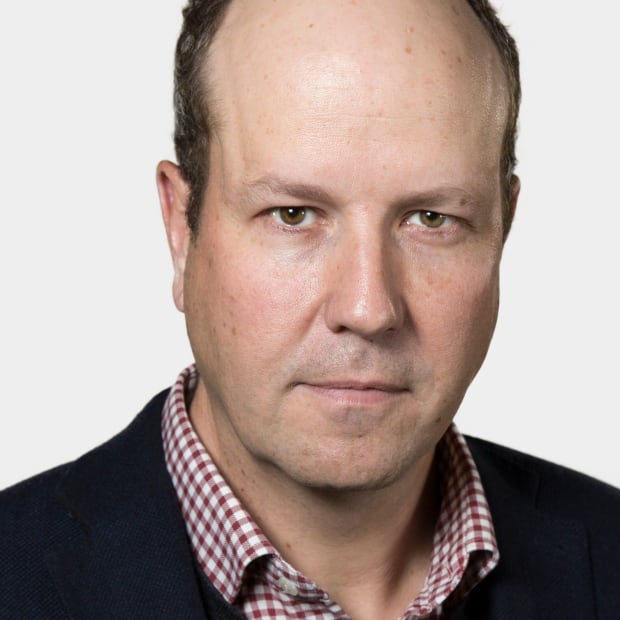The Supreme Court of Canada will rule today on the constitutionality of a law that prevented a judge from allowing an offender to avoid jail by imposing a conditional sentence.
The top court agreed to review an Ontario Court of Appeal ruling that found the Criminal Code provision violated the Charter of Rights because of its effect on Indigenous offenders.
In 2016, Cheyenne Sharma, a young Indigenous woman, pleaded guilty to importing two kilograms of cocaine in exchange for $20,000 from her boyfriend, a task she carried out to avoid eviction for herself and her daughter.
“She was in-between a proverbial rock and a hard place and she took the only path available to her to save herself and her daughter,” Sharma’s lawyer Nader Hasan told CBC.
Because Sharma is of Ojibway ancestry and a member of the Saugeen First Nation, the trial court took her background of trauma into account in sentencing — as required by the Criminal Code since 1999 under the so-called “Gladue principles.”
But another part of the Code — enacted in 2012 under then-prime minister Stephen Harper — bans community-based sentences for offences such as drug trafficking that carry maximum penalties of at least 10 years in prison.
Sharma challenged that sentencing rule — along with another that called for a two-year mandatory minimum sentence — arguing it infringed on her constitutional rights.
In February 2018, then-Superior Court justice Casey Hill, who sentenced her to 17 months in custody, declared the mandatory minimum rule unconstitutional but dismissed Sharma’s challenge of the ban on a conditional sentence.
Sharma contested Hill’s decision. The Court of Appeal found the Criminal Code section violated the charter by discriminating against Indigenous offenders on the basis of race, and was too broad for its purpose.
Adam Bond is a lawyer for the Native Women’s Association, an intervener in the case. He said the 2012 law had an adverse effect on Indigenous communities.
“It’s also depriving Indigenous Peoples of their right to self-determination, including their customs and traditions when it comes to rehabilitation and healing,” he said.
Sharma still served her time in custody, making the Supreme Court’s decision inconsequential to her case. Hasan said Sharma continued to fight the case to ensure others don’t share her experience.
“She’s taken this case on her back and is fighting for the rights of all Canadians,” he said.


